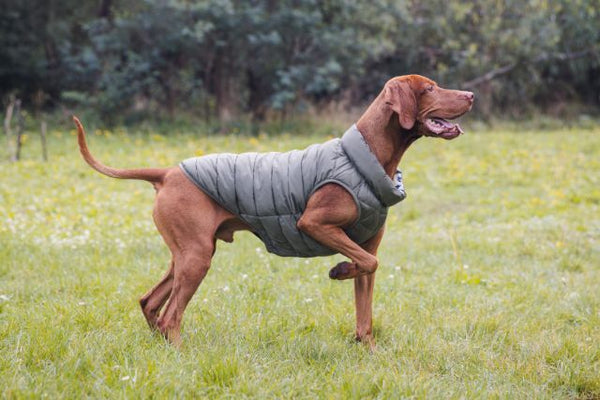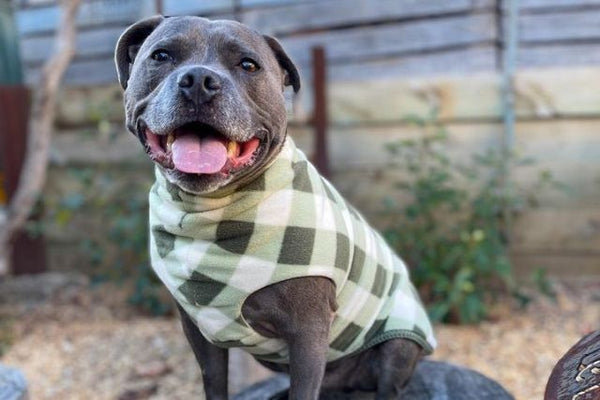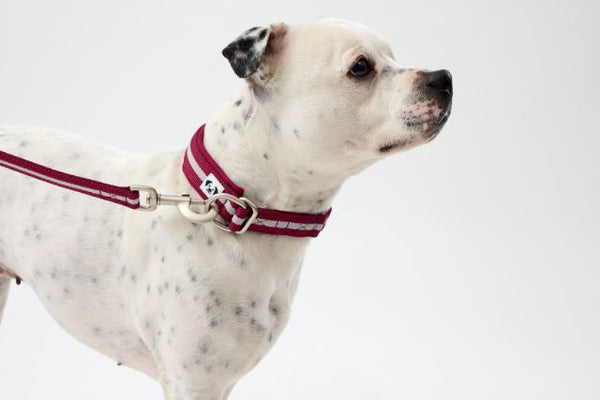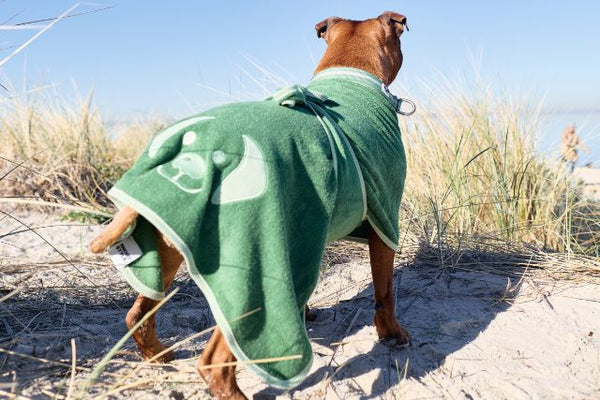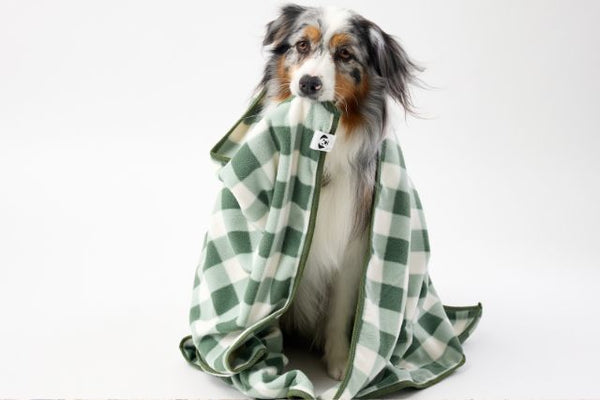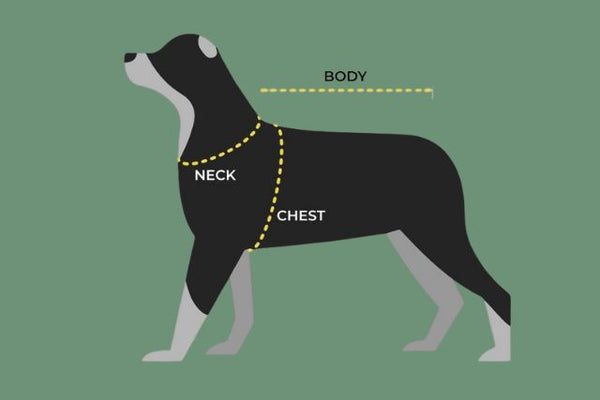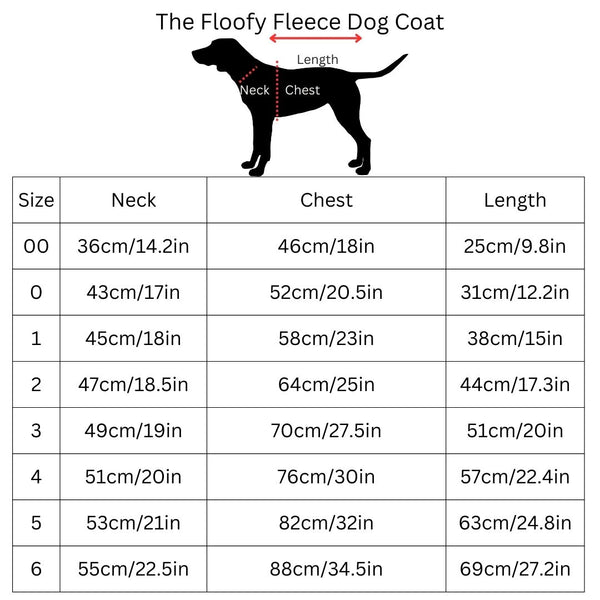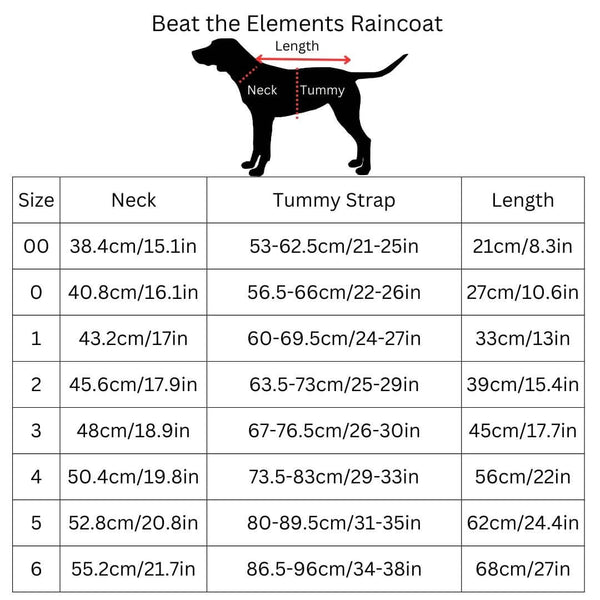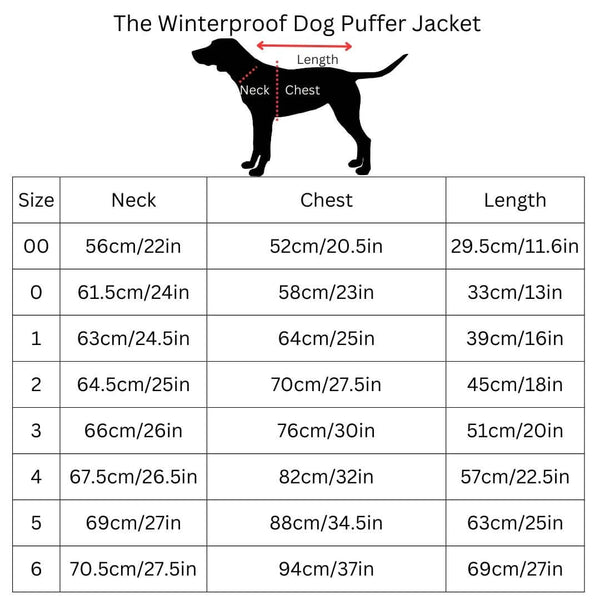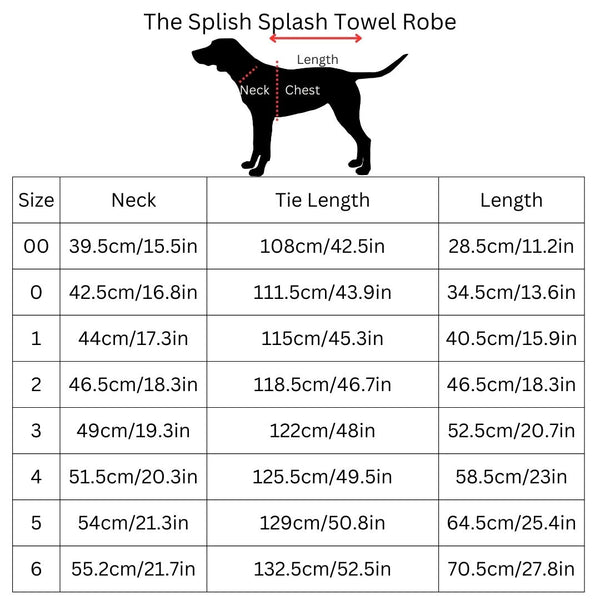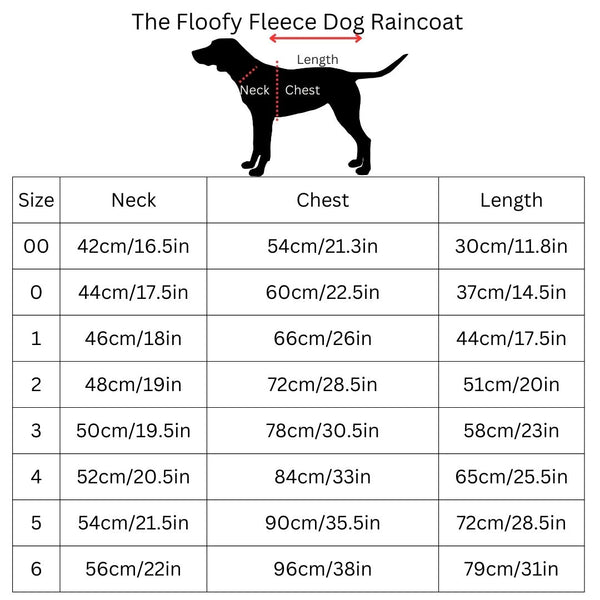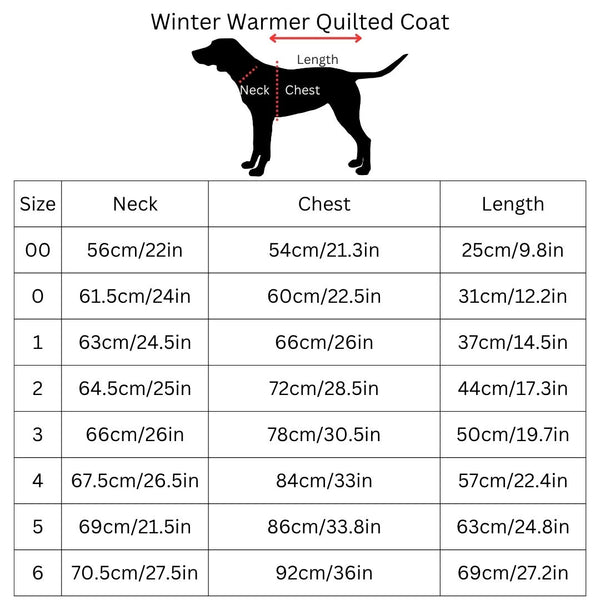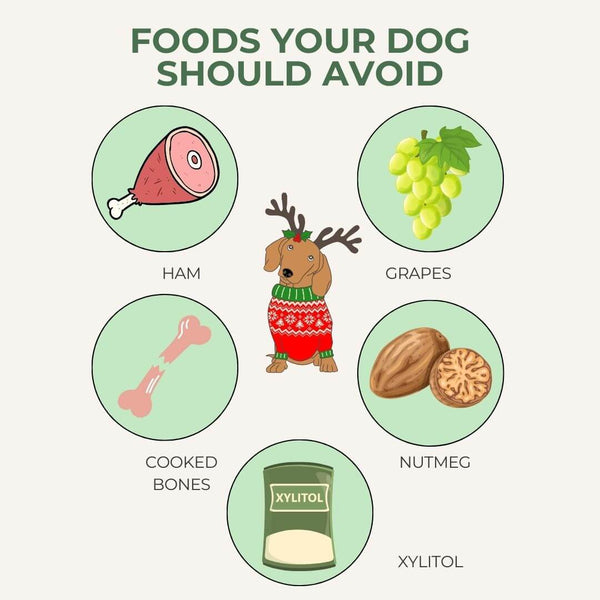
Top Tips for Happy Dogs this Christmas
Christmas is a time for overindulging for many of us, but many items on the Christmas lunch menu can be dangerous for our dogs. Pets are not able to digest or metabolise many human foods and as a result they can cause illness in your furry friend. Here are some common festive foods your pet should avoid.
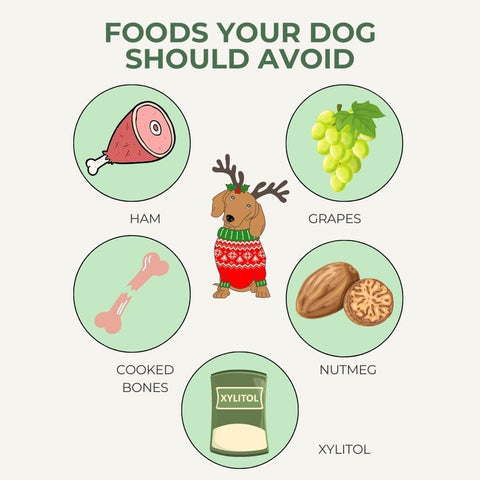
H2: Festive Foods your dog should avoid at Christmas.
- Chocolate - Chocolate contains an ingredient known as ‘theobromine’ that is toxic to dogs. This ingredient is found in all kinds of chocolate, including white chocolate. And the highest levels are found in dark chocolate, cooking chocolate, and cocoa. Chocolate toxicity can cause a wide range of problems including vomiting and diarrhea. They can also develop irregular heartbeat, depression, coma or seizures.
- Ham – While ham is not toxic to dogs it is not a healthy treat and should be avoided. Ham has a very high sodium content, which can cause health problems including hypertension, kidney disease, heart disease, and obesity. Along with salt, ham is also high in fat.
- Grapes – Including sultanas and raisins are highly toxic for dogs. Grape toxicity is linked with kidney damage and eating the fruit can result in sudden kidney failure.
- Cooked Bones - Never feed your dog cooked bones. Cooked bones are soft and can splinter easily leading to dental issues. They may also become lodged in your pet’s throat or mouth or even splinter inside the bowel, causing obstruction or perforation.
- Nutmeg - High levels of nutmeg can harm your dog’s health. If eaten, it can cause increased heart rate, seizures, and tremors.
- Xylitol – This common sweetener is highly toxic to dogs and even small amounts can be fatal.
H3: How to prepare your dog for firework season.
Many animals find fireworks scary, particularly dogs. Owners will often see their dogs struggling, either frozen with fear or, trying to flee.
But you can take measures to help relax or prepare your dog for firework season, and here are some helpful hints and tips that'll help.
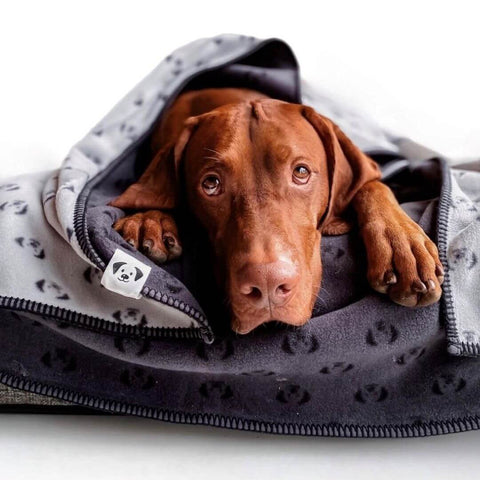
Before Firework Season
Planning ahead can help dogs cope with the fireworks season. Before the fireworks season starts, provide your dog with a doggy safe haven. This should be a quiet area, so choose one of the quietest rooms in your home - a place where they feel in control. A crate can also help feel them safe and secure.
Train your dog to associate the area with positive experiences, e.g. by leaving their favourite toys there, but not imposing yourself at any time. Use a variety of toys, such as interactive puzzles and chews. Swap them regularly, putting them away when not in use so that your dog doesn't become bored with them.
With time, dogs can learn that this place is safe and enjoyable. When fireworks go off, they may choose to go there because they know, in that place, they are safe. It's important that your dog has access to this doggy safe haven at all times - even when you're not at home.
During Firework Season
- Walk your dog during daylight hours to avoid times when fireworks are likely to be set off.
- Move your dog to their safe haven each evening before the fireworks begin. Provide toys and other things that they enjoy in the safe haven.
- Make sure there are things for you to do too, so your dog isn't left alone.
- Close windows and curtains to muffle the sound of fireworks. Blackout your doggy safe haven, so they can't see any flashes outside.
- Put on some music or TV to mask the firework sounds.
- Ignore the firework noises yourself. Play with a toy to see if your dog wants to join in, but don't force them to play.

